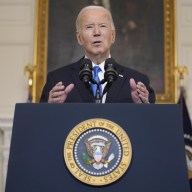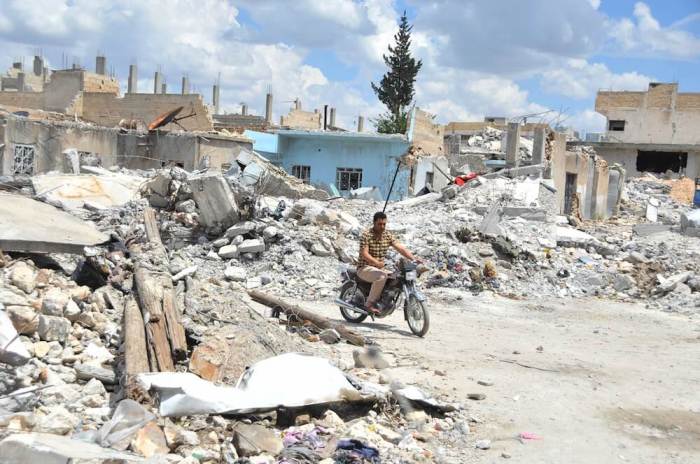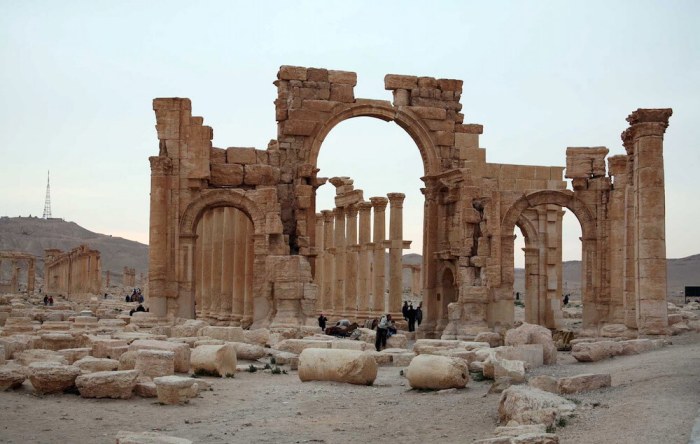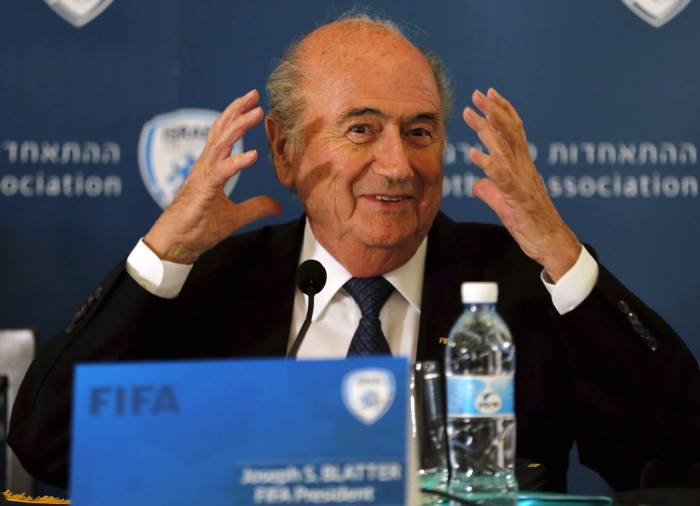Nineteen people, including 17 tourists from Poland, Italy, Germany and Spain, have been killed in a hostage siege in Tunisia, after two gunmen stormed the Bardo national museum, one of the country’s leading tourist attractions in the capital, Tunis. The attack, which also left 22 injured, coincided with a debate on anti-terrorism legislation, held in the Tunisian Parliament building near the museum. While two or three of the attackers remain at large, questions are being raised over the security of this popular international tourist destination. “The flow of militants from Libya into Tunisia is a major security concern,” Colin P. Clarke, an associate political scientist and terrorism analyst at the RAND Corporation think-tank in Pittsburgh, explains to Metro.
Tunisia terror attack: ‘This attack was both symbolic and effective’
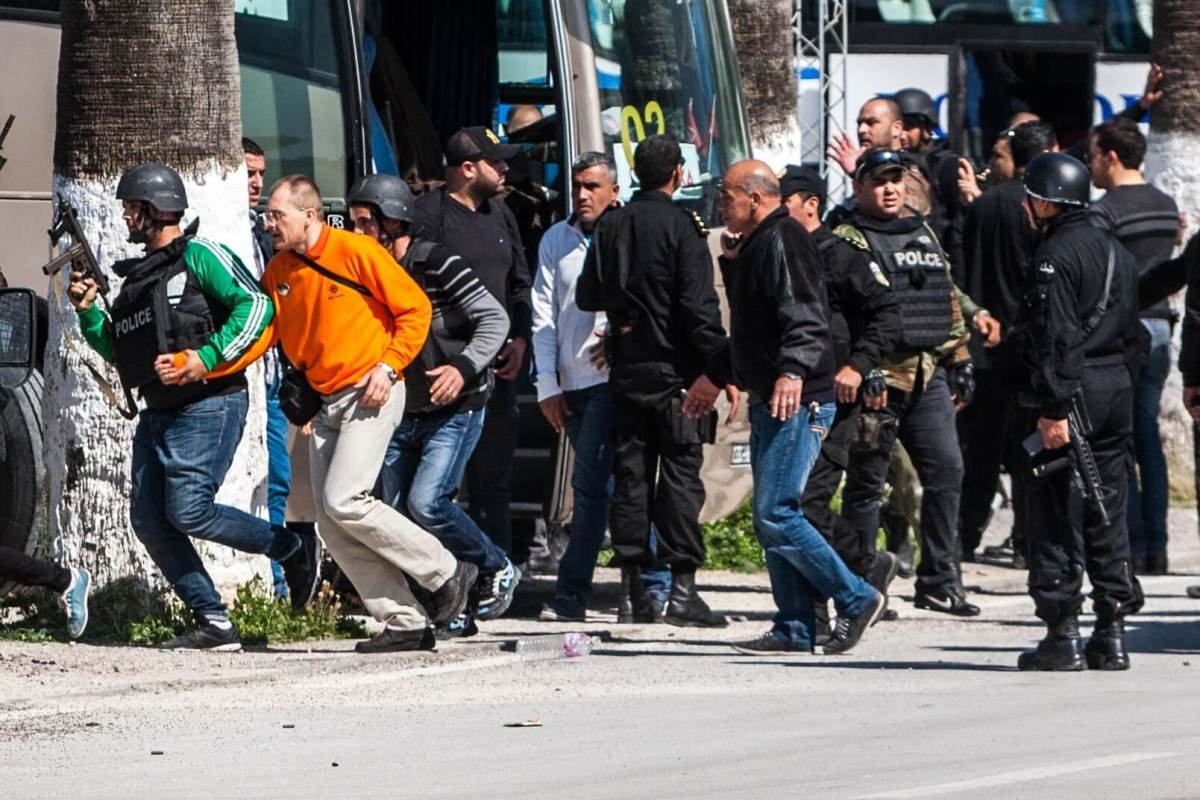
Getty
Q: Who is responsible for this attack?
We don’t yet know for sure who the perpetrators of the attack were exactly. The fact that there are numerous possibilities – ISIS-affiliated militants, al-Qaeda in the Islamic Maghreb (AQIM), or Ansar al-Sharia – demonstrates exactly how dangerous of a neighborhood Tunisia is located in. Over 3,000 Tunisians are thought to have left the country to fight in Syria with a range of jihadist groups, so it’s entirely possible that there is a back-and-forth pipeline of fighters in the region.
Q: Is there an Islamic State footprint?
I wouldn’t be surprised to learn that this was an ISIS attack. The target seemed to be the Tunisian tourism industry, so in keeping with past attacks, this was both symbolic and effective in terms of generating attention and notoriety. In addition to grabbing headlines, the goal may have been to embarrass the Tunisian government and target a key source of income for the country. If this is indeed an ISIS attack, it also follows in line with ISIS’s ongoing expansion throughout North Africa, where the group has already expanded its footprint in neighboring Libya.
Q: At the time of the attack, Tunisian deputies were discussing anti-terrorism legislation…
The timing may in fact be coincidental or it may be something more specifically related to forthcoming counter-terrorism legislation. What does seem clear at this point is that the attack was intended to send a clear message to the Tunisian government and to the world that, although Tunisia is constantly hailed as an example of success post-Arab Spring, there are still serious issues and concerns over militants operating within the country. That will most likely continue to remain a destabilizing force.
Q: How will this attack Tunisia’s tourism industry?
This could have a significant impact on tourism in the country. We’ve seen a similar strategy followed by Islamist militants in the Sinai who have attempted to disrupt Egypt’s tourism industry over the years. Several Europeans have been reportedly killed in this attack in Tunisia, so there could be an effect there. Cruise ships are known to dock in Tunis, so there are obvious concerns there as well.
Q: Could this attack have been prevented?
These types of attacks are very difficult to prevent, but certainly security will be stepped up at government institutions and popular tourist destinations, including museums. On a more long-term basis, border security will remain a top priority for the Tunisian government and military, as the border with Libya is difficult to police and the flow of militants from Libya into Tunisia (and from Tunisia throughout the rest of the region) is a major security concern.









